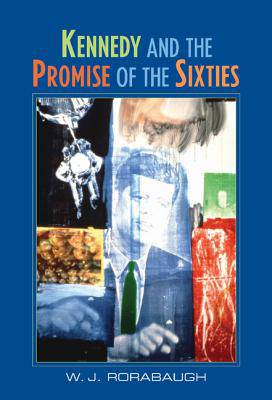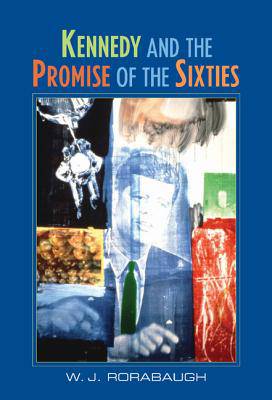
- Retrait gratuit dans votre magasin Club
- 7.000.000 titres dans notre catalogue
- Payer en toute sécurité
- Toujours un magasin près de chez vous
- Retrait gratuit dans votre magasin Club
- 7.000.0000 titres dans notre catalogue
- Payer en toute sécurité
- Toujours un magasin près de chez vous
Description
This book explores life in America during that brief promising period in the early sixties when John F. Kennedy was the U.S. president. Kennedy's optimism and charm helped to give promise to the times. At the same time, Cold War frustrations in Cuba and Vietnam worried Americans, while the 1962 Missile Crisis narrowly avoided a nuclear disaster. Early in the decade, the Civil Rights movement gained momentum through student sit-ins and Freedom Rides. Martin Luther King, Jr. emerged as a powerful spokesman for non-violent social change and gave his powerful "I Have a Dream" speech at the March on Washington in 1963. The Civil Rights movement proved to be the seedbed for many other movements in the decade. The American family was also undergoing rapid change and Betty Friedan launched what became the Women's Movement in 1963. Culture, too, underwent transformation. The Beat authors Jack Kerouac and Alan Ginsburg gained respectability, Joan Baez and Bob Dylan revived folk music, and Roy Lichtenstein and Andy Warhol produced Pop Art. Ginsberg, Aldous Huxley, Timothy Leary and Ken Kesey began to promote psychedelic drugs. The Sixties was a decade of marked political, social, and cultural change. Since 1976 W.J. Rorabaugh has taught at the University of Washington in Seattle. He is the author of The Alcoholic republic (Oxford, 1979), The Craft Apprentice (Oxford, 1986), and Berkeley at War: The 1960s (Oxford, 1989). Professor Rorabaugh has held fellowships from the National Endowment for the Humanities, the National Humanities Center, the Newberry Library, the Huntington Library, and the John F. Kennedy Library. He has served on editorial boards for the Journal of Early Republic and the History of Education Quarterly.
Spécifications
Parties prenantes
- Auteur(s) :
- Editeur:
Contenu
- Nombre de pages :
- 342
- Langue:
- Anglais
Caractéristiques
- EAN:
- 9780521816175
- Date de parution :
- 16-09-02
- Format:
- Livre relié
- Format numérique:
- Genaaid
- Dimensions :
- 159 mm x 242 mm
- Poids :
- 648 g

Les avis
Nous publions uniquement les avis qui respectent les conditions requises. Consultez nos conditions pour les avis.






